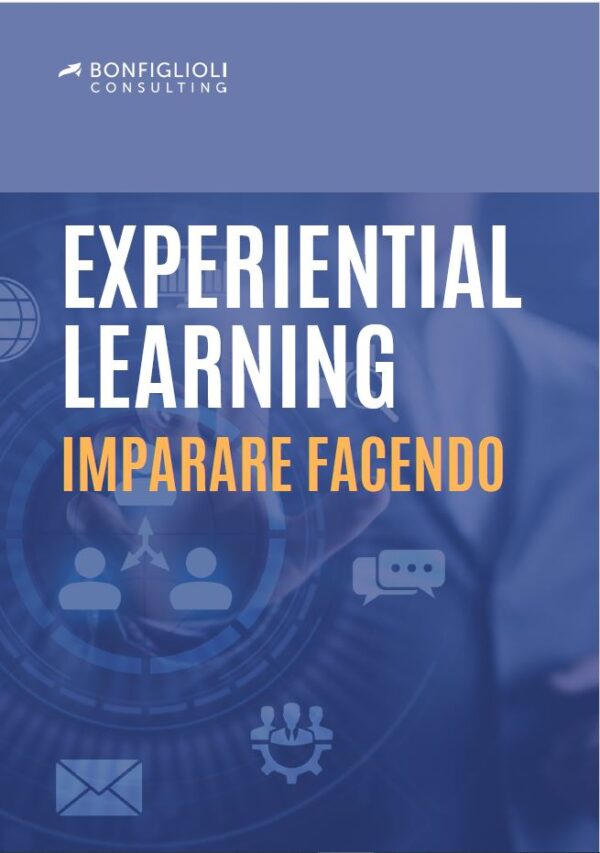Experiential learning is the idea that new knowledge is generated through our continuous interactions with the world around us; of consequence, the understanding of phenomena and the acquisition of new skills, i.e., learning, is an inevitable product of experience. This theory is different from more classical theories of cognitive and behavioral learning in that it is based on a more holistic approach, that is, it considers the role that all our experiences play in our learning, including our emotions, cognition and environmental factors.
David Kolb, gathering input from earlier theories, formulated in the 1970s the basis of what we currently call experiential learning theory.
The basic concept is the importance of concrete experience and reflective observation during the learning process. Knowledge then comes through observation and transformation of experience and not through the passive acquisition of notions, concepts and relationships. People do something, reflect over their experience, look for meanings and correlations that lead to general conclusions, which induce a change in behavior and lead to planning to do things differently in the future. The central point of David Kolb's thesis can be summarized with a well-known quote from Confucius, which well illustrates the fact that a person learns best through action.
...
